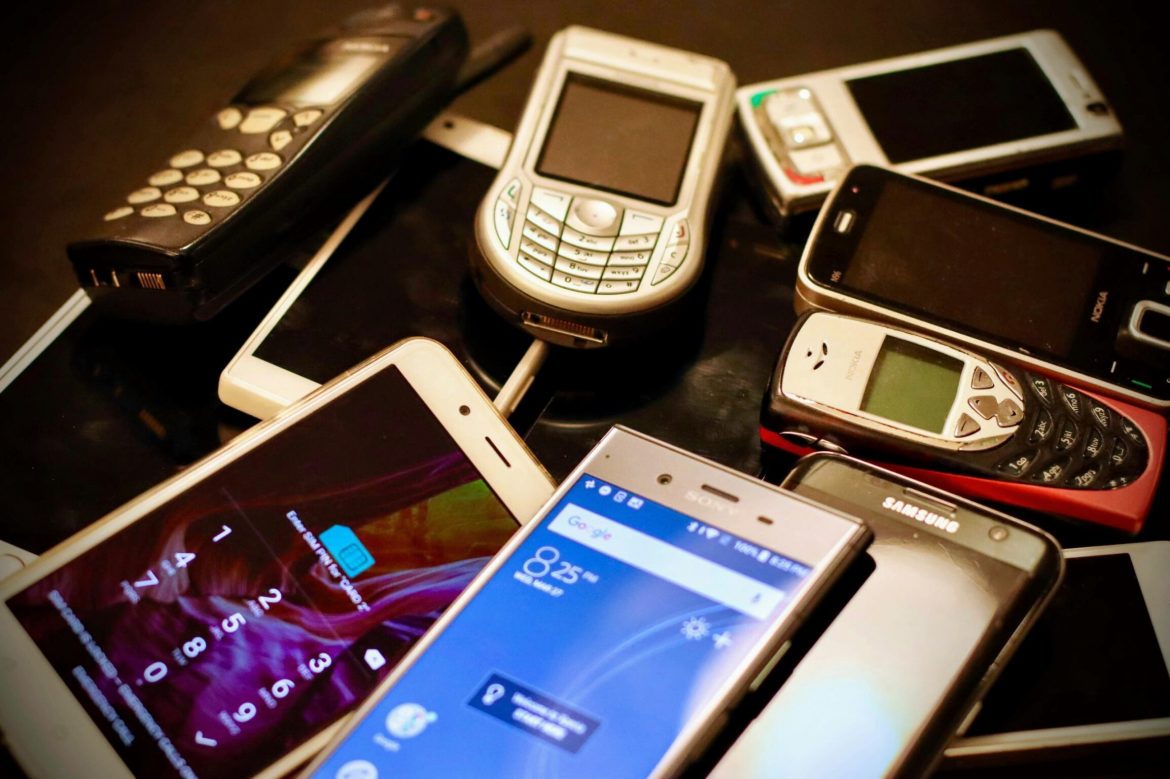Photo Credit: Eirik Solheim
Hello Canada! What’s up with the outrageous cellphone bills?
Ethan Chan, Senior Staff Writer
Within the Canadian telecommunications landscape, a persistent concern echoes throughout the nation: the soaring costs of mobile wireless plans alongside limited consumer options. The high cost of connectivity burdens Canadian consumers, prompting a closer examination of the factors contributing to this data dilemma.
There’s no question that you are paying a lot for your cellphone bill. Canada’s cost-per-gigabyte is among the highest in the world and significantly higher than our American counterparts. On top of already high prices, Rogers Communications announced in late 2023 that it would continue raising cell phone plan prices, attributing the price increase to improvements in service. However, such maneuvers only reinforce the prevailing sentiment among Canadians: Rogers is making a cash grab and asking for more in a time where there is already not much left.
Many individuals believe that we can relieve much of the phone bill financial stress by increasing competition. The reasoning is that more supply will result in a price decrease. However, a Marketplace investigation found that the big three players in Canadian telecommunications — Bell, Rogers, and Telus — extend their reach to their competitors, leading to a lack of diverse pricing and a continuation of the current system. For example, in 2023, Rogers acquired Shaw Communications and Videotron acquired Freedom Mobile.
Rather than increasing supply to meet demand, consumers in Canada should advocate against telecom companies to establish lower-priced options. Similarly, companies should raise awareness about the importance of retaining one’s plan when upgrading phones. This approach enables consumers to maintain the same rate while upgrading their device. For instance, I recently upgraded my phone from an iPhone XR to an iPhone 15 Pro Max after five years. Prior to the upgrade, I was with Telus and paid $50 per month in 2019. However, because I purchased my phone from Apple, I was able to keep my five-year-old plan. While it may initially seem financially burdensome to pay thousands of dollars for a phone outright, it ultimately results in savings (especially for those intending to keep their phone beyond the two-year plan). Presently, with a $120 monthly rate, acquiring a new plan with Telus would entail paying nearly $400 more than my current arrangement. If information like this is disseminated widely, Canadians can make more informed decisions about how to save money.
Overall, consumers should not be paying so much for cell phone service. The call for a more affordable and well-informed cell phone market should be top priority for the big three telecom companies. As Canada navigates the complexities of its telecommunications sector, the onus falls on the consumer to speak out against the data dilemma afflicting the country.




